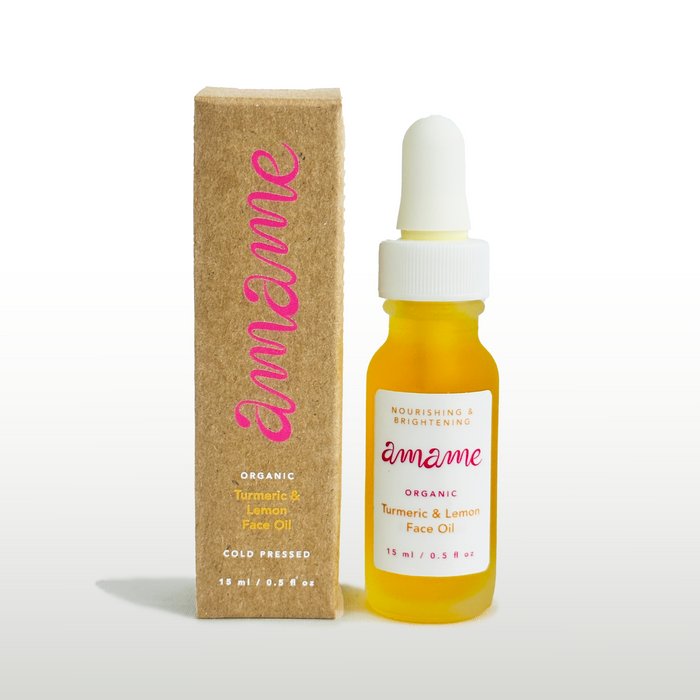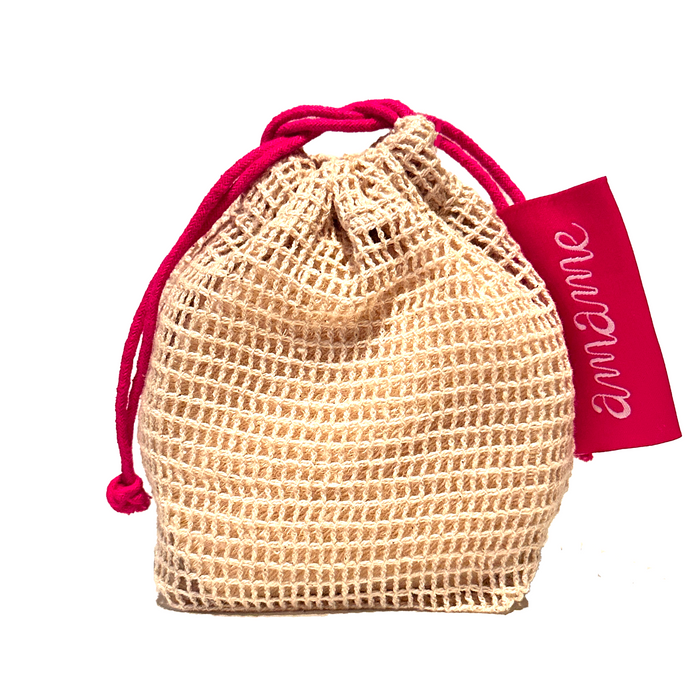

· By Sasha LoPresti
The Truth About Organic Skincare
As consumers, it’s easy to become confused by the different terms used on skincare product labels: organic, natural, clean, green, non-GMO. But what do all of these terms really mean? Today we’re going to take you through the ins and outs of what “organic” means and why it is the most uniform and trustworthy standard for your skincare products.
“Clean” and “Green”: What Do They Mean?
There has been a major greenwashing trend in the skincare industry as of late. Skincare brands are particularly concerned with marketing their products as “natural” and “non-toxic” -- just think of how often you see words like “clean”, “green”, “non-GMO”, “vegan” or “organic” on your skincare products now. But while these terms may sound great, it’s important to keep in mind that only one of those terms is federally regulated: organic.
Brands that identify as “organic” must undergo an audit and meet clear standards set by the USDA National Organic Program (NOP) before labeling their product as organic. But unfortunately, terms like natural, clean and green aren’t held to any uniform standard. That means brands can use those terms however they see fit and set their own definitions of what they do (or don’t) mean. This leads to a lot of confusion, variation and misinformation in the marketplace.
Without a formal, regulated standard, it's hard to know exactly whether your product lives up to what you think you are getting, unless the brand takes it upon themselves to provide enough transparency with their ingredients. When shopping for skincare products that are labeled “natural,” “clean,” or “green,” it is important to look for what these labels mean and the standards set by the brands that are using them. If the brands don’t provide a description of their standard, beware.
So What Exactly is the Organic Standard?
What does “organic” labeling and certification actually mean?
For a brand to identify as organic, it must use ingredients that are organic: grown without most pesticides, GMOs or harmful chemicals. It must then be manufactured so that the entire supply chain is free of anything that might contaminate the products with forbidden ingredients or residues (e.g. machines used to fill products can only be sterilized with certain ingredients). Finally, the combination of ingredients in the product also needs to meet the organic standards set by the USDA National Organic Program. And the best part: the entire process is overseen by an Organic Certification body who reviews the ingredients, the manufacturing process, conducts in-person audits and certifies that the products meet the standard.
There are three different organic standards set by the USDA NOP that require certification:
- 100% organic
- 95%+ organic
- 70%+ organic
Products that are certified 100% and 95%+ organic are allowed to be labeled as organic products on the front of the product label (like our Organic Rosehip Moisturizing Body Serum). The 70%+ organic standard is only allowed to be labeled as "made with organic ingredients." It is important to note that while these standards require a certain percentage of organic ingredients, there are also limits on what sorts of non-organic ingredients are included outside of the required organic percentage. So if a product uses 95% organic ingredients, the remaining 5% of ingredients is not a free-for-all. There are rules to what non-organic ingredients are acceptable for that 5% as well.
For more on what each of these labels mean, check out this USDA cheat sheet.
Now, there is one more standard that is worth mentioning. This is a private standard known as NFS/ANSI 305, which was developed for personal care products that contain organic ingredients. This standard ensures that the products contain at least 70%+ organic ingredients, but allows a bit more flexibility in that remaining 30% than the NOP 70%+ organic standard. One example of this would be with soap. Lye is an ingredient that is necessary in making soap, but is not allowed under the NOP 70%+ standard. It is, however, allowed under the NFS/ANSI 305 standard. So, while you can never have soap certified organic by the NOP standards, you are able to do so under NSF. Learn more about this on the NSF/ANSI Organic Certification for Personal Care Products Fact Sheet.
How can we trust brands to follow the certification process?
All brands selling organic products must identify their Certification Body on the back of their labels, printed under their address.

Consumers can also look up brands on the USDA Organic Integrity Database. But keep in mind that just because a brand you thought was organic doesn’t pop up here, doesn’t mean that they aren’t playing by the rules. Some products and brands achieve their certification via their manufacturer, so it would be the manufacturer’s name that would show up on the database and not theirs. If you have any questions about a brand’s organic status, just reach out to the brand.
Organic Products Love Our Planet
So why are organic products so important? Well, organic farming offers numerous benefits to the environment. One of these is the decrease in use of pesticides. Pesticides are used by farmers to make crops more resistant to environmental effects, but in the process of doing so, they not only leach into the surrounding environment and degrade the soil, but they can also kill all bugs good and bad (think: bees!). Organic farming employs techniques that conserve resources and encourage practices that promote biodiversity. These result in high quality water and soil, which in turn result in higher quality crops and ingredients. For more information, visit the USDA's Introduction to Organic Practices.

Amame’s Commitment to Organics
At Amame, we prioritize transparency above all else. We aim to formulate all of our products to meet the National Organic Program standards. Earning organic certification for skincare products is more challenging than it seems, so in the event that we cannot meet the USDA standards, we will work to meet the NSF/ANSI 305 personal care standard. We want to be open about this process so you can make the best decisions for yourself. You can always learn more about our standards on our Sustainability Promise page, on our packaging and on our product pages.

Have any other questions about organic skincare? Feel free to get in touch with us!
Photos courtesy of Zoe Schaeffer and Dorne Marting via Unsplash



